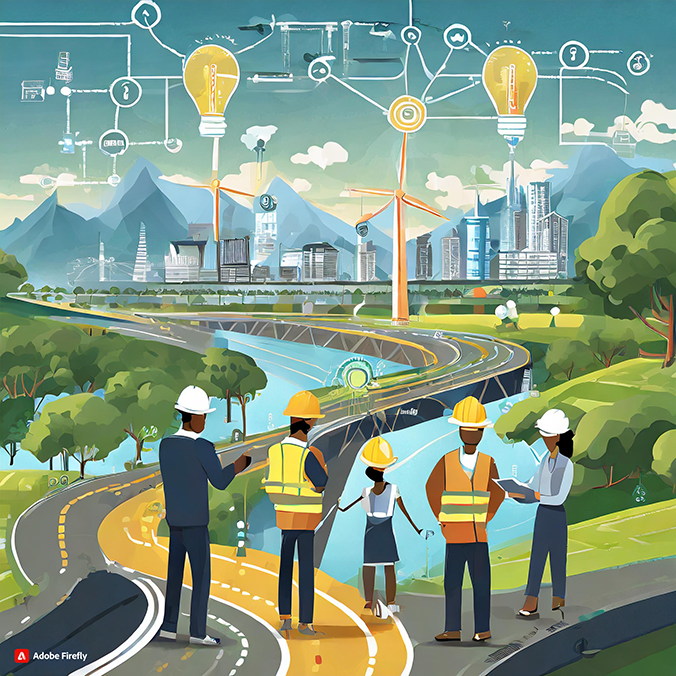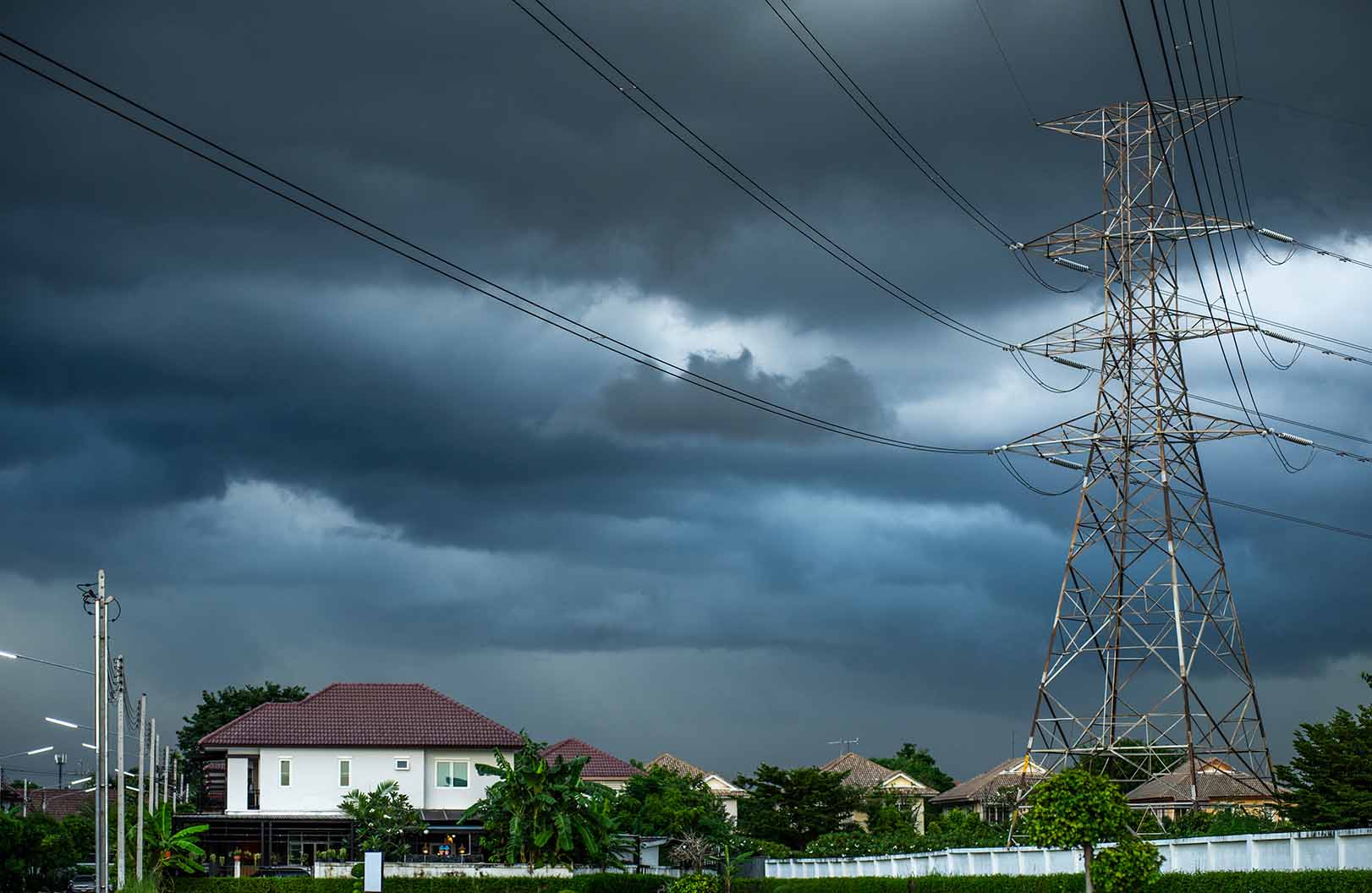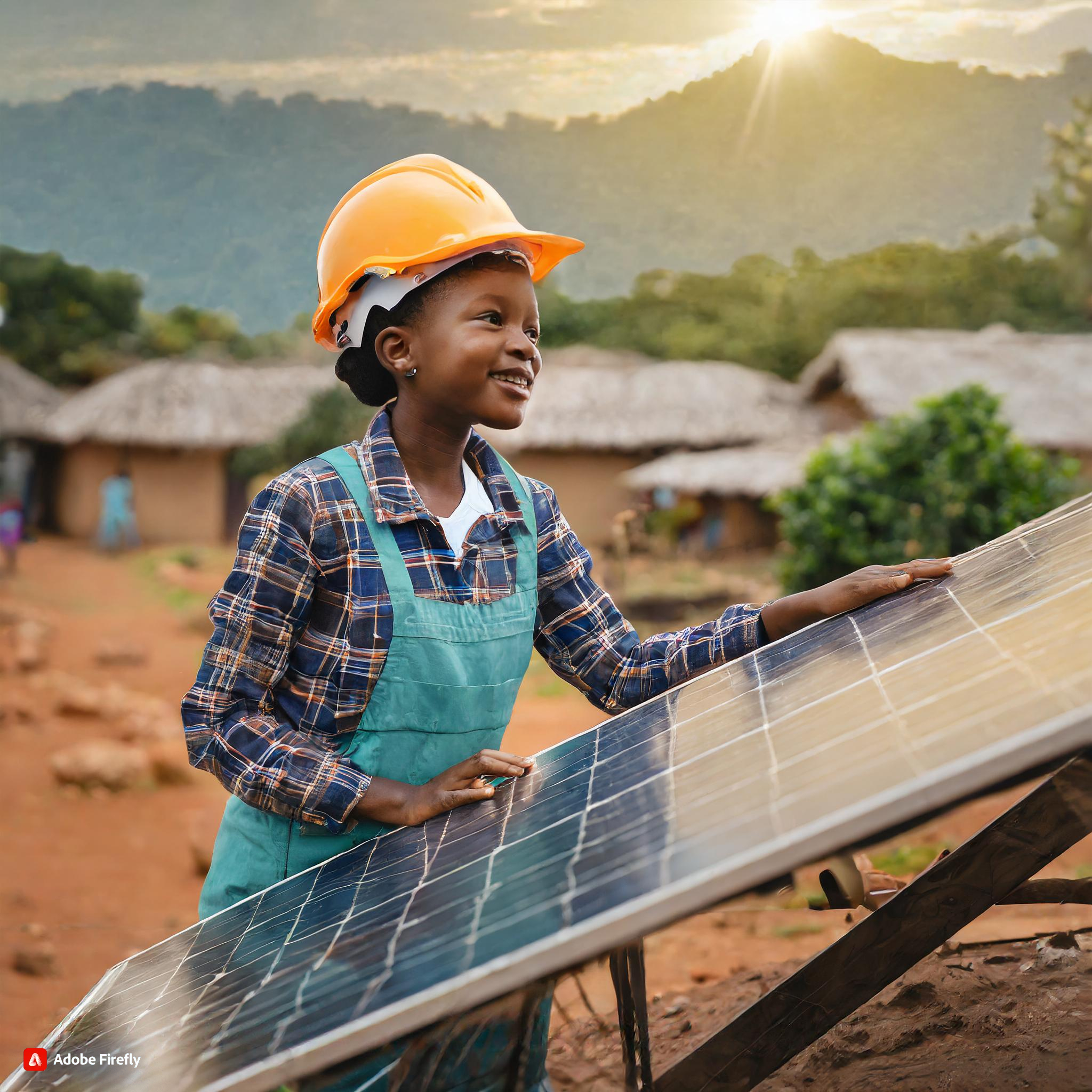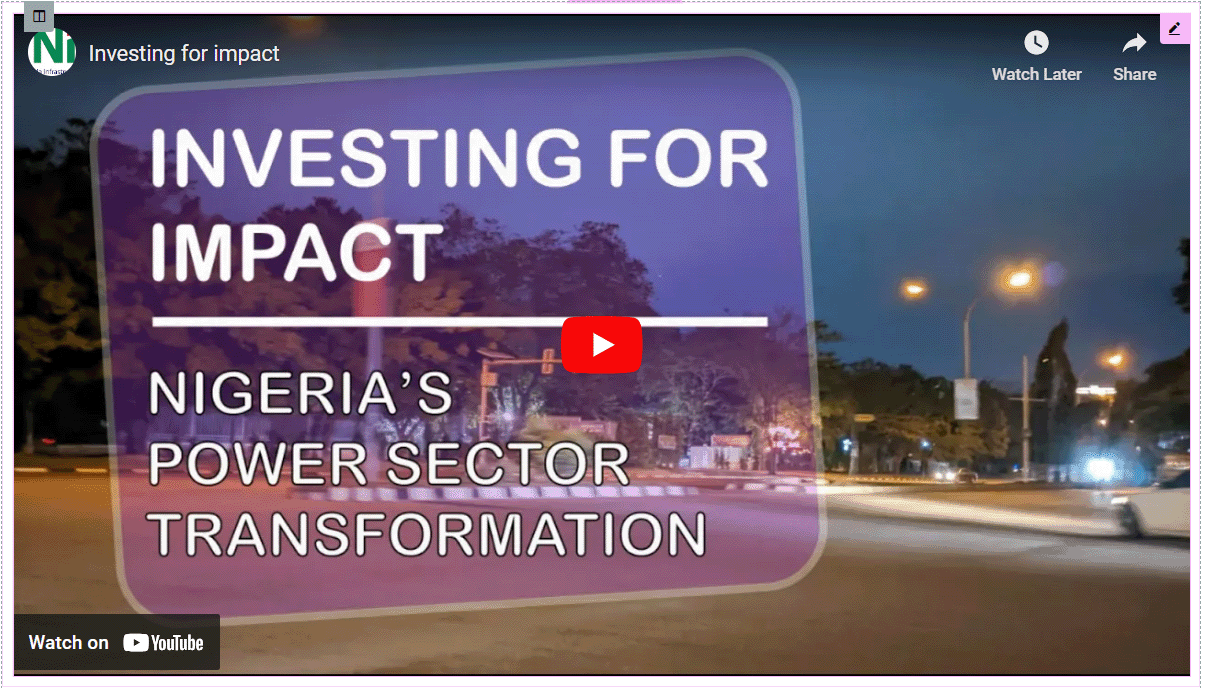UKNIAF works to improve climate awareness across key infrastructure agencies in Nigeria. Our interventions are designed to promote and support the country’s transition to a low carbon, climate resilient approach to the planning and implementation of infrastructure projects. This blog examines how through technical assistance provided by UKNIAF’s Infrastructure Finance (IF) Component, UKAID has established a $7bn pipeline of infrastructure projects for private sector participation and investment in Nigeria.
Access to finance plays a key role in the Government of Nigeria’s efforts to plan, build, maintain, repair, or replace critical infrastructure. Doing this in a climate smart manner is critical to aligning with the principles espoused in the Build Back Better World (B3W) initiative that serves as key pillar of UKAID. The key mechanism UKNIAF has established to do this is the development of a credible pipeline of climate-smart projects that can be structured and positioned for finance and private sector investment.
When UKNIAF started out, Infrastructure Finance, (IF), committed to developing a $3 billion dollar level of interest – in technical terms, a pipeline – of public-private partnership (PPP) infrastructure programmes. In addition to this ambitious target, a third of this value was to have attracted private sector financing by the time the programme closes in Q3 2023.
In keeping with the programme’s inclusive and sustainable development focus, UKNIAF adopted a climate sensitive and “people first” approach to the design of its infrastructure finance interventions. With these dual objectives in mind, IF initiated its strategies, tools, and guiding approaches to screening, prioritising and developing climate smart infrastructure projects with a view to ensuring that these were socially inclusive, climate sensitive, and aimed at alleviating poverty. Using the Project Screening Tool developed by the team, IF screened over 160 projects determining the extent to which they met the climate, poverty, and socially inclusive criteria for investment and technical assistance support. Eleven of the screened projects met these criteria, and demonstrated the potential to attract finance. The shortlisted projects were pitched to a panel of institutional investors including CDC, PIDG, Africa50, African Development Bank, World Bank, Afreximbank, and others between July 2020 and February 2021.
Following a programme pivot in early 2021, the project pipeline was resized to $2 billion and IF re-emphasised its intention, ensuring that all its interventions prioritised the programme’s climate focus.
Over the last six months, illustrating the critical role UKNIAF is playing to support FGN’s transition towards low carbon and climate resilient infrastructure, an additional 167 projects from a range of Nigerian agencies have been screened and assessed using UKNIAF’s Project Screening Tool. This has produced a shortlist of 18 climate-smart projects across multiple sectors, with estimated project value of over $5bn that meet UKNIAF’s criteria for investment. These have grown the programme’s pipeline of climate-smart projects to about $7bn.
Beyond the development of climate-smart infrastructure pipelines, the IF team is supporting the delivery of Phase 1 of the $540m Special Agro-Industrial Processing Zones Programme funded by the AfDB and its co-financiers IFAD and IsDB. As part of this initiative, the team is supporting Oyo State and Kaduna State to meet the requirements to draw down $80 million in committed support to help advance these projects to procurement phase. This is the next step in the process of crowding in an estimated $320m in private sector investment for these special agro-industrial zones.
As demand for infrastructure to be more climate smart increases, and the consequent increase in demand for PPP finance for these projects, our IF colleagues will continue to guide their partner organisations, and interested investors in climate aware, fiscally responsible, infrastructure finance practice.













